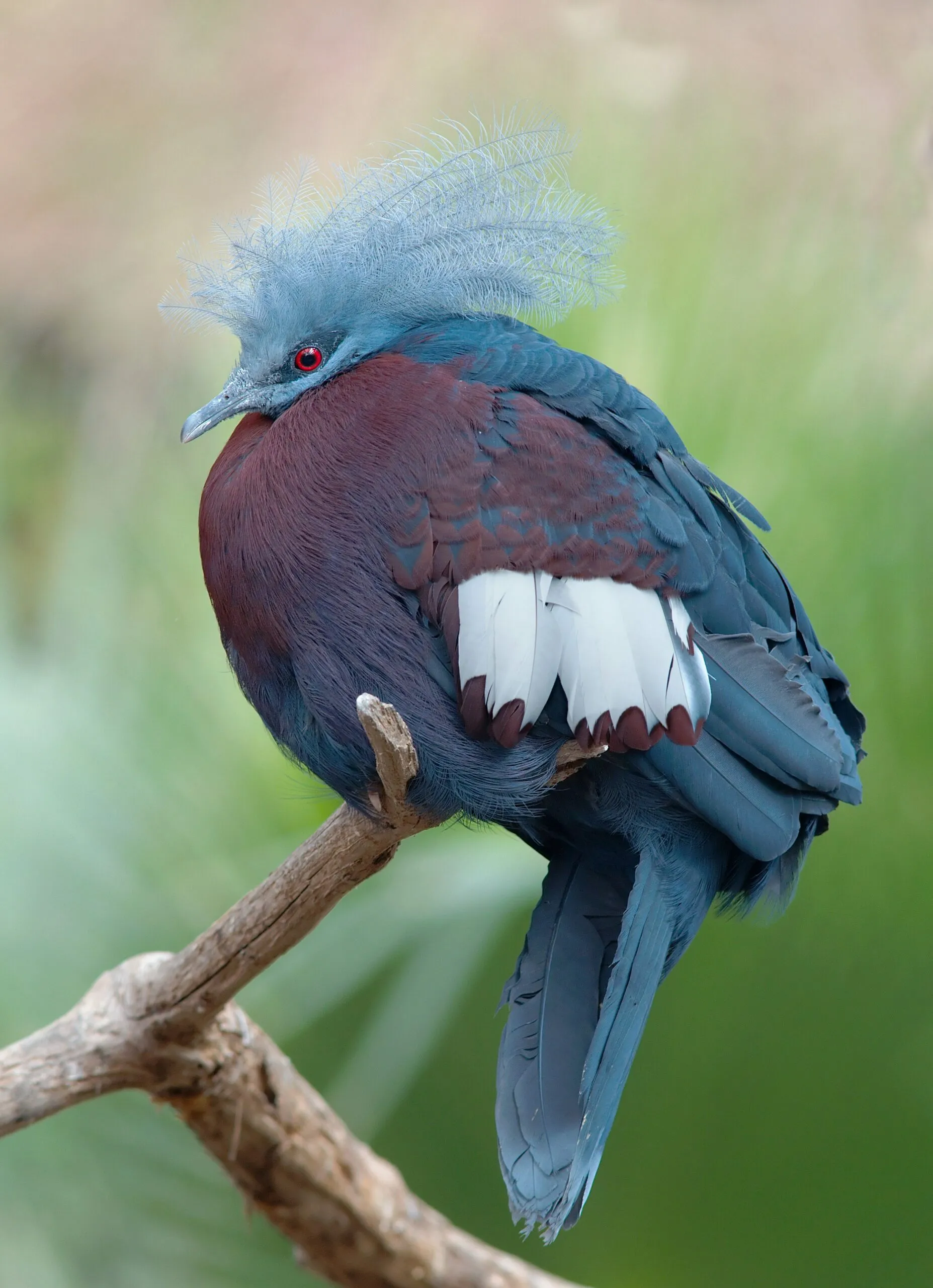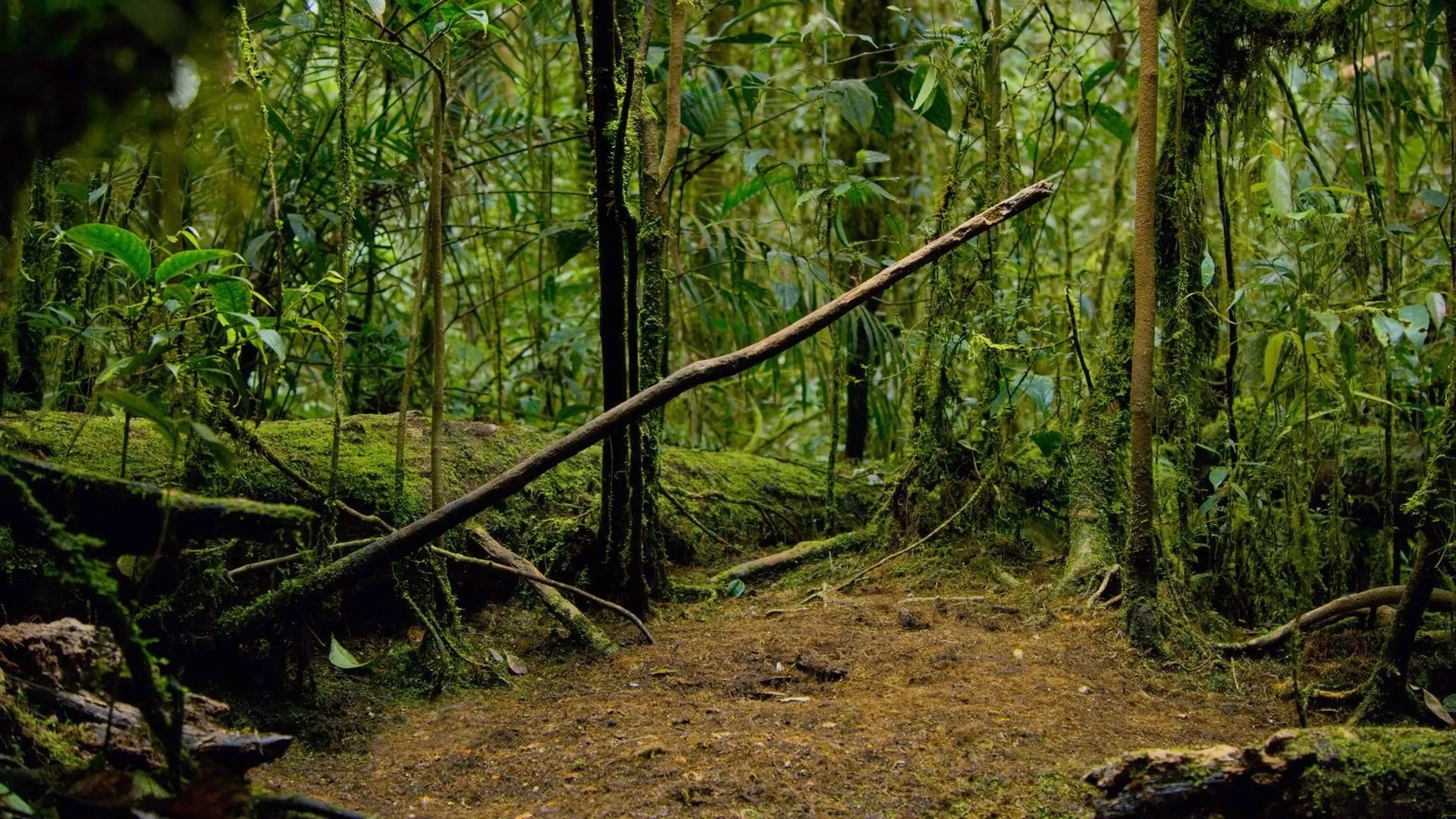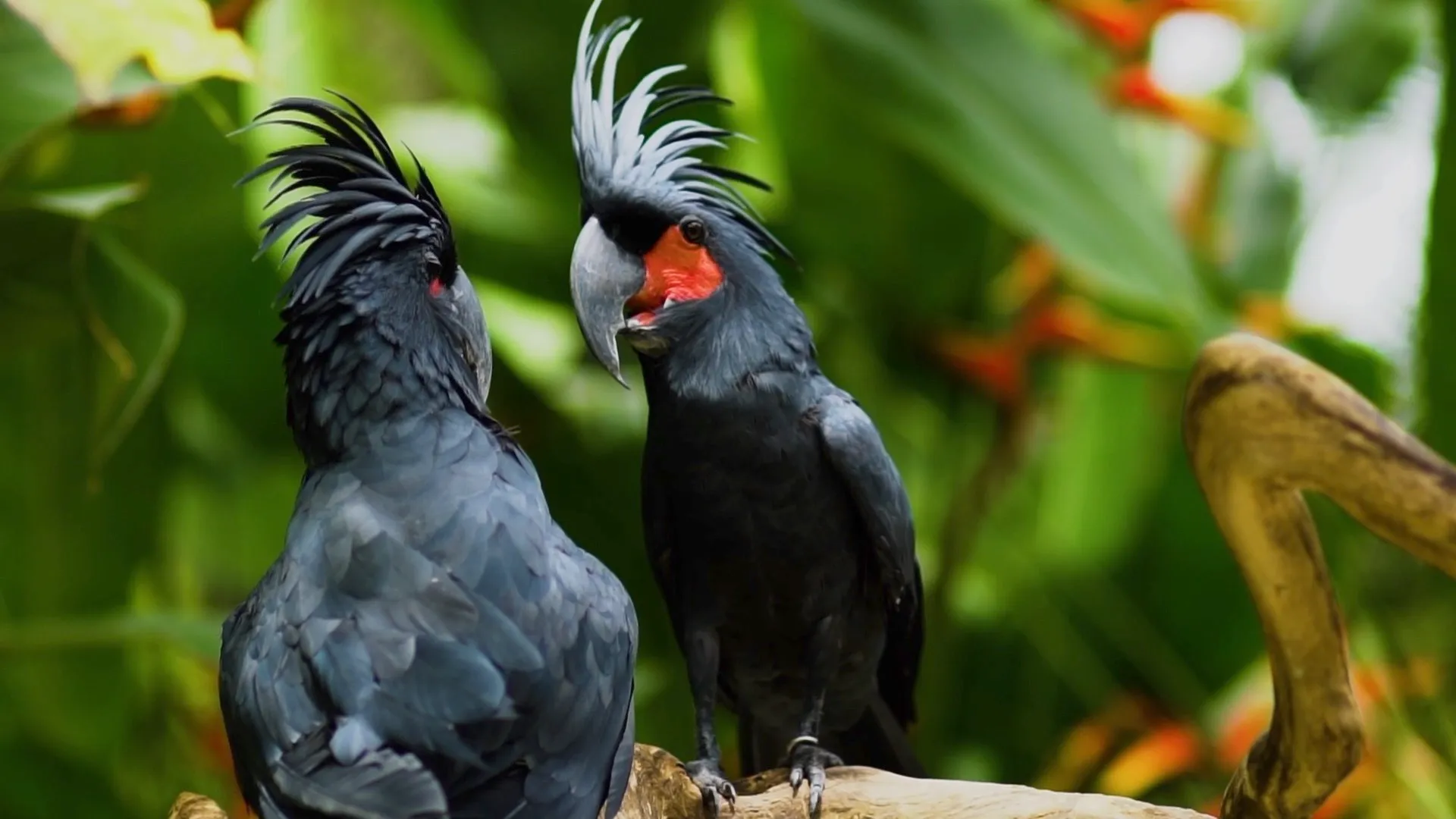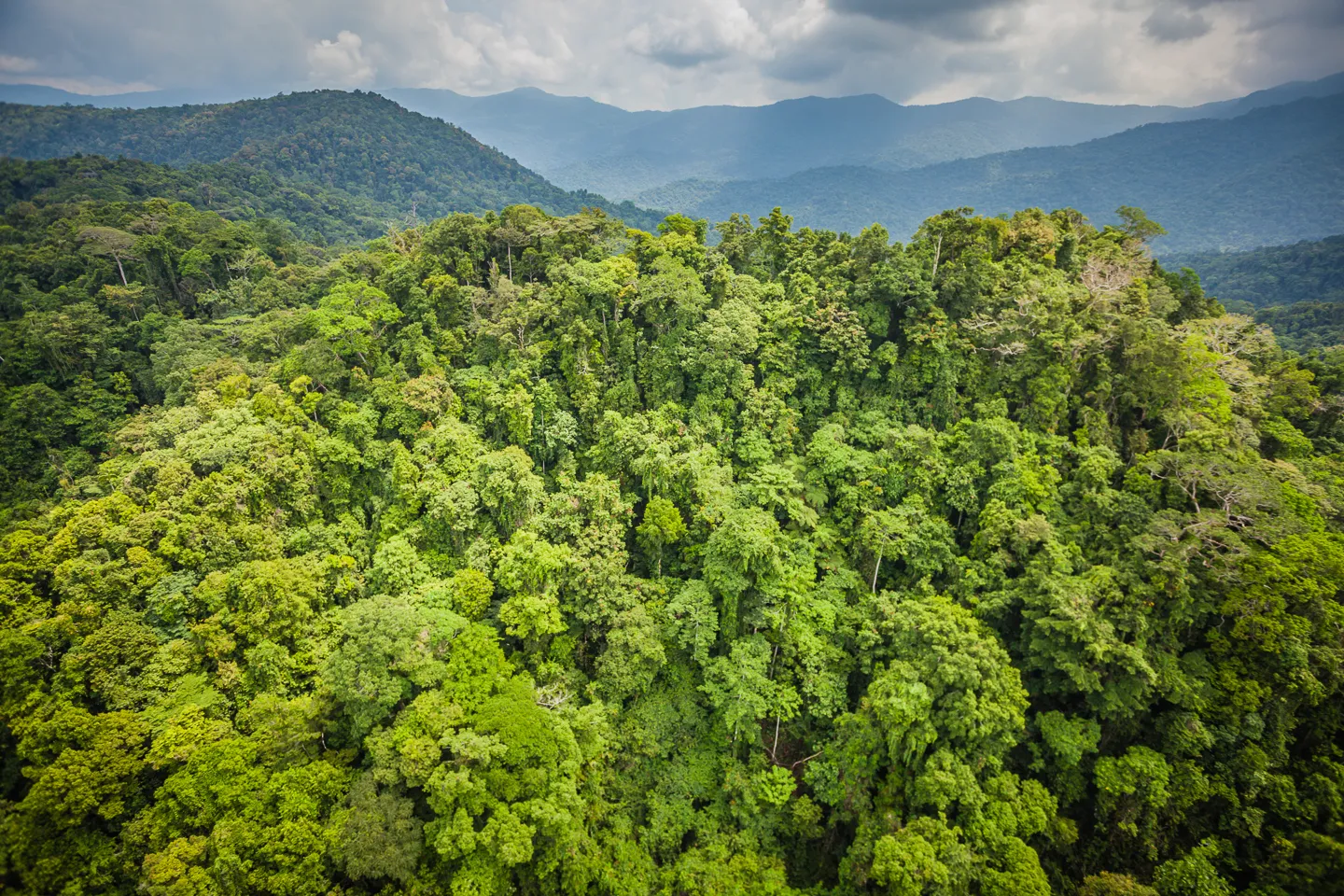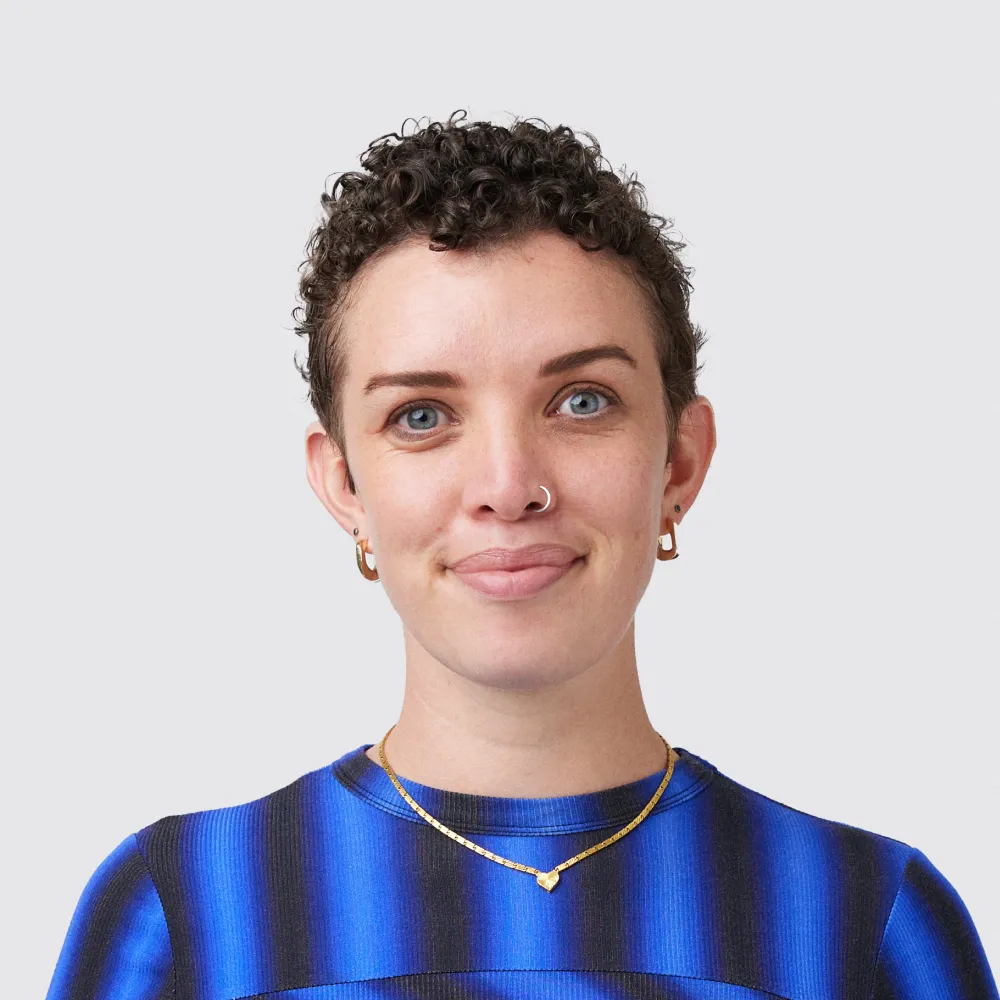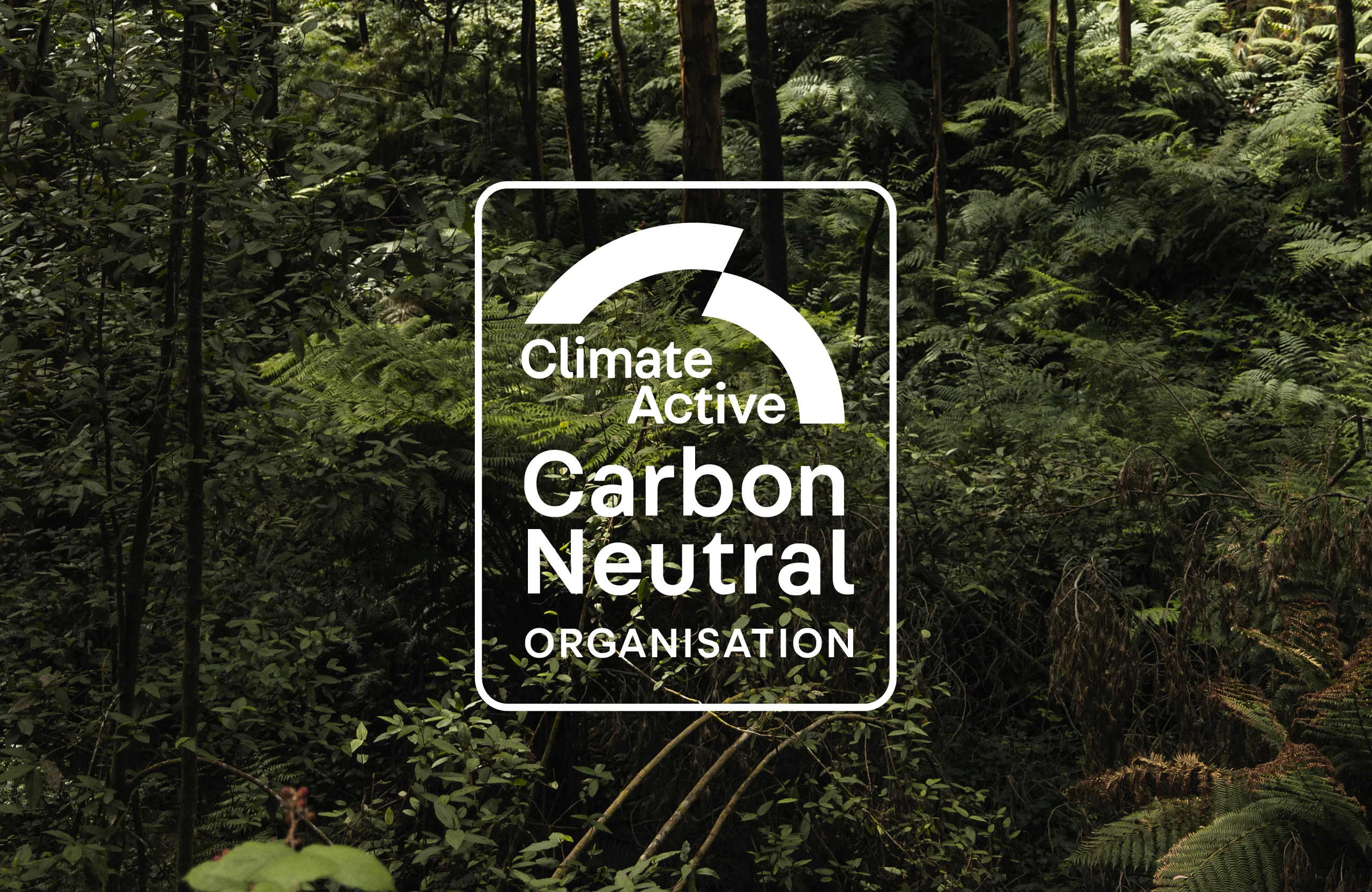
We're proud to share that we've now been Climate Active carbon neutral certified for four years! Part of the process is measuring and recording our carbon footprint, and from this, we have retrospectively offset our emissions from 1 July 2019.
Becoming carbon neutral is part of our commitment to B Corp's Net Zero by 2030 initiative, but it’s also a commitment to our values as a business. We are here to do good today.
Damon O’Sullivan, Co-founder and CEO says, “Our business name is a marker of our time, of now, of the context in which we are living. It’s essential that our business, and every business, considers the impact on people and the planet in every decision we make. It's not just about reducing harm, it's about looking for ways to create more social and environmental value.”
Our social and environmental policy is our commitment to our duty of care to the environment and community. It details how we are constantly working to improve.
Now we’re asking other businesses to join us and take the steps to become carbon neutral. Our collective future depends on it.
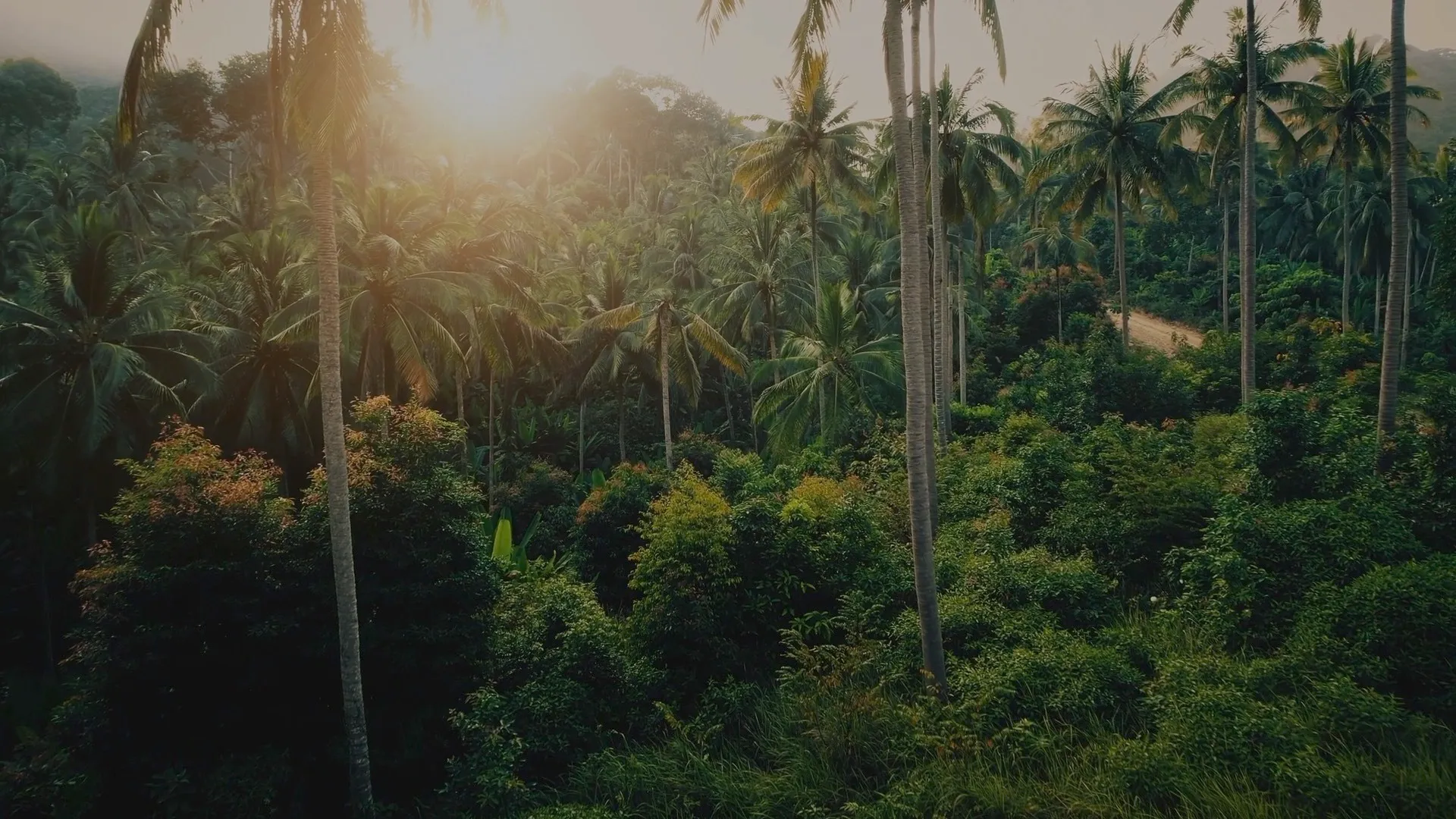
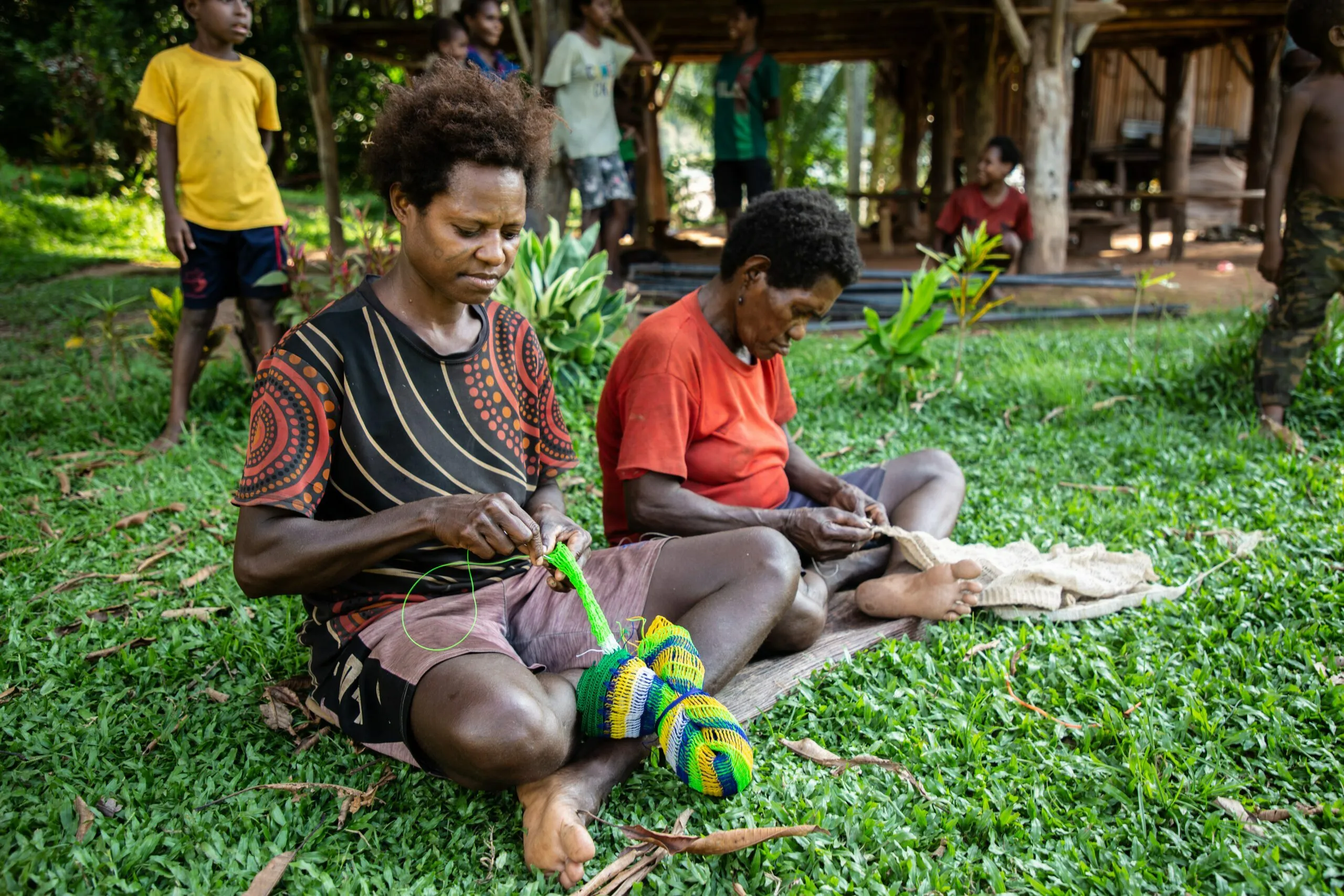
The carbon offset project we're supporting
To offset our emissions in 2022-23 we purchased 283 Climate Active credits.
We have purchased Climate Active approved carbon offset credits through TEM, supporting the April Salumei Rainforest Conservation project.
The April Salumei Project—located in one of the most ecologically distinct areas on the planet—protects virgin rainforest against documented planned deforestation. The project is located in the East Sepik province of Papua New Guinea, our Pacific neighbour, where ~7% of the world’s biodiversity is found in less than 1% of the world’s total land area.
The project protects 603,712 h.a. of virgin tropical rainforest, and many endangered species including the palm cockatoo, the bird of paradise, and the southern crowned pigeon. The area is thriving with both traditional culture and extraordinary levels of biodiversity.
Located within a Forest Management Area (FMA) designated for timber production by the Papua New Guinean Forest Authority, the project area was facing a material threat of deforestation. However, the carbon finance attracted through verified carbon unit (VCU) revenues provides Indigenous landowners with a form of income based on the carbon and ecosystem services provided by the forest.
164 distinct clan groups and 9,000 Indigenous people live in the project area, covered by the Sustainable Development Plan (SDP). The SDP is driven by a team of local and international specialists, who work with local communities and stakeholders to identify a long-term suite of local investments that attend to local needs and aspirations, encompassing health, education, training, economic development (including sustainable agriculture) and local employment, all while preserving the rich cultural traditions and customs of the Indigenous landholders.
